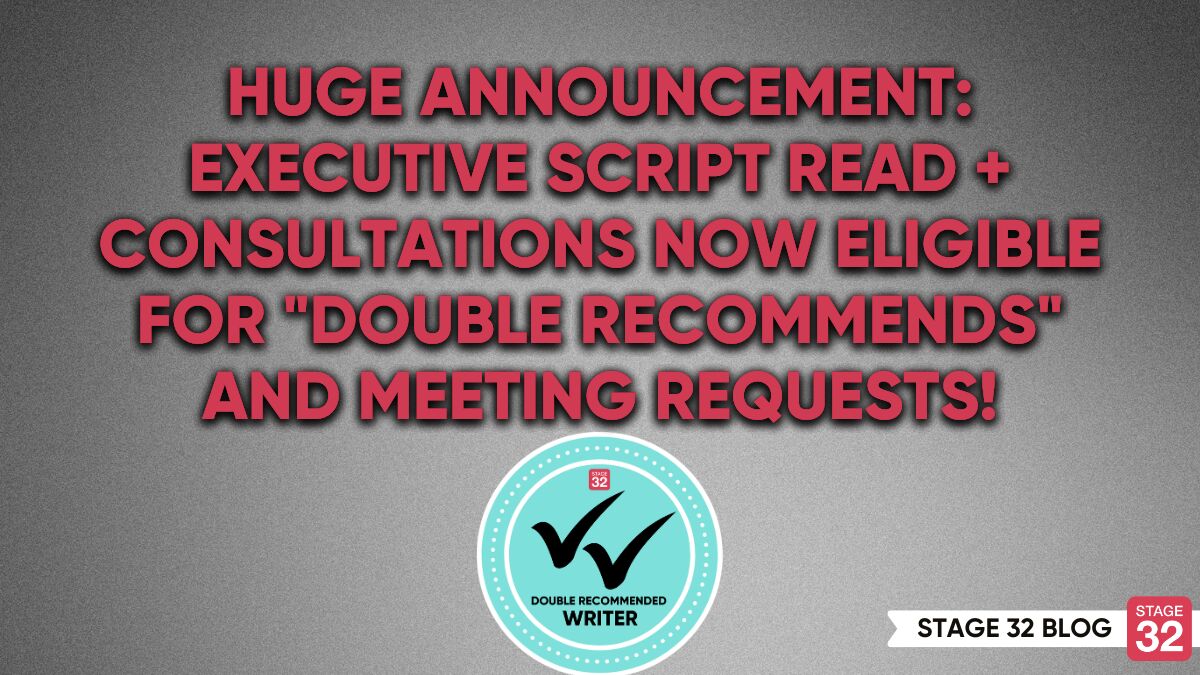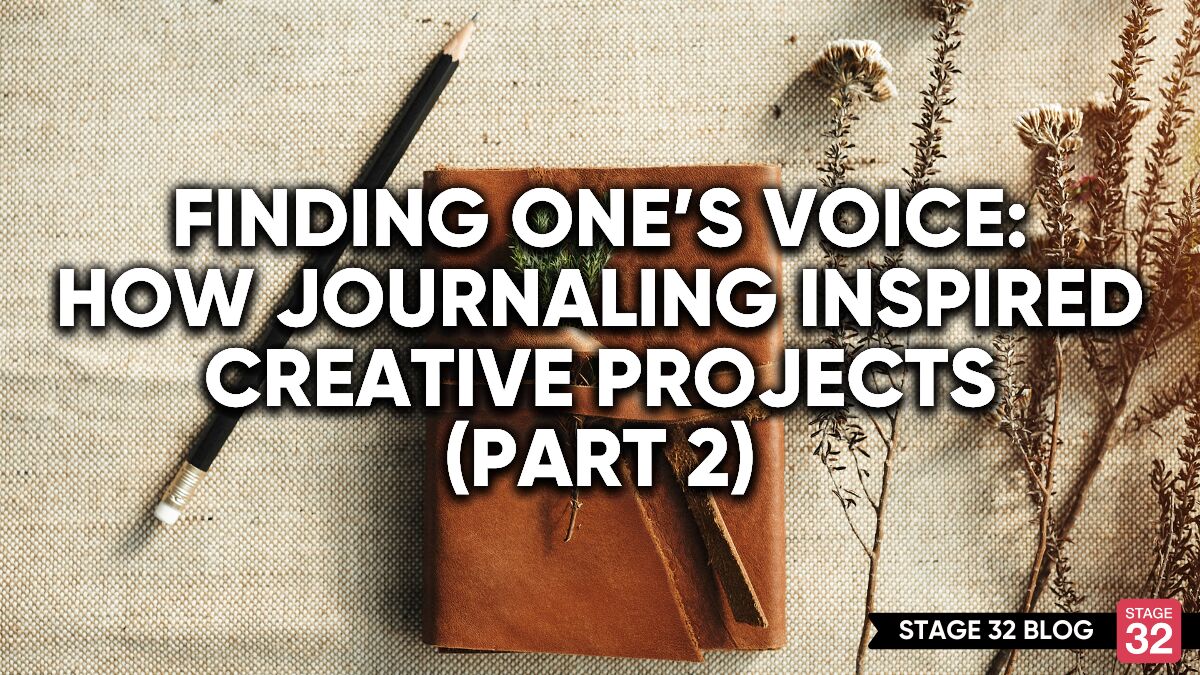Finding One’s Voice: How Journaling Inspired Creative Projects (Part 2)
Welcome back! In the first part of this blog series (which you can find by clicking HERE), we explored how journaling can help you organize your thoughts, break through creative blocks, and unlock new ideas. Now, let’s dive into some practical ways to get started with journaling and turn your newfound inspiration into tangible creative projects.
Practical Tips for Starting a Creative Journal
Start Small and Stay Consistent
When you first start journaling, it can be tempting to try to write long, detailed entries. But the truth is, consistency is more important than quantity. Aim to write a little bit every day. Even 10 minutes can make a difference. The more you write, the more your creative thoughts will begin to flow naturally.
Start with simple reflections—what did you experience today? What ideas popped into your head? What did you learn? By starting small, you’ll create a habit that feels less daunting and more manageable. Over time, journaling will become a natural extension of your creative process.

Types of Journals You Can Try
There’s no one right way to journal, and the method you choose should reflect your creative style. Here are a few types of journals you might consider:
- The Idea Journal: This is where you capture all your thoughts, no matter how big or small. Jot down concepts for future projects, plot twists, or interesting things you’ve come across. This journal is for anything that sparks your imagination.
- The Goal Journal: Use this journal to track your creative projects, set goals, and break them down into smaller tasks. This is your roadmap for success. Writing down clear, actionable goals can help you stay on track and motivated as you move forward with your projects.
- The Visual Journal: If you’re more visually inclined, this journal can include sketches, diagrams, or collages. It’s a place to explore your ideas through images as much as through words.
- The Dream Journal: Keep a small notebook by your bed and jot down any vivid or interesting dreams you have. Often, our subconscious mind reveals creative insights while we sleep, and recording these moments can give you a wealth of material to draw from.
Overcoming Inhibitions: Letting Go of Perfectionism
It’s common to feel like your journal needs to be perfect, but this is one of the biggest obstacles to creativity. The beauty of journaling is that it’s a private, personal space. No one else needs to see it, so give yourself permission to write freely and without judgment. Your journal isn’t for showcasing your writing skills; it’s for discovering and nurturing your ideas.
The more you let go of perfectionism, the more you’ll free your creativity to grow. Even if your first few entries feel awkward or incomplete, don’t worry. Over time, you’ll find your rhythm, and your ideas will begin to flow more naturally.

From Journal to Creative Project: Turning Ideas into Action
Once you’ve gathered your thoughts in your journal, it’s time to make them actionable. Take a moment to go through your entries and identify common themes or ideas that stand out. Do any patterns emerge? Is there an idea that excites you more than others?
From there, start to break down your creative project into smaller, actionable steps. If you’re writing a book, for example, you can outline chapters. If you’re planning a film, you can jot down key scenes or characters. Your journal will serve as your blueprint for bringing your ideas to life.
Staying Accountable and Tracking Progress
As you move forward with your projects, your journal can also help you stay accountable. Write down milestones, deadlines, and action steps. Tracking your progress in this way will keep you motivated and on course.
By revisiting your journal regularly, you’ll also see how your ideas evolve. Don’t be afraid to revise or update your goals as your projects grow and change. The flexibility of journaling allows you to adapt and refine your creative journey over time.
Empowering Your Creative Journey
Journaling is a powerful, transformative tool that can unlock your creativity and help you turn your ideas into reality. Whether you’re struggling with creative blocks, seeking inspiration, or just trying to organize your thoughts, journaling offers a space to explore, refine, and build your creative vision.
Start today—grab a journal, write freely, and let your ideas flow. The more you engage in the process, the more you’ll see your creativity flourish.
Have you ever used journaling to fuel your creative projects? Share your thoughts and tips in the comments—I’d love to hear about your journaling experience!
Let's hear your thoughts in the comments below!
Got an idea for a post? Or have you collaborated with Stage 32 members to create a project? We'd love to hear about it. Email Ashley at blog@stage32.com and let's get your post published!
Please help support your fellow Stage 32ers by sharing this on social. Check out the social media buttons at the top to share on Instagram @stage32 Twitter @stage32 Facebook @stage32 and LinkedIn @stage-32
| Huge Announcement: Executive Script Read + Consultations Now Eligible for "Double Recommends" and Meeting Requests! |
| Announcing the 4th Annual Female Driven Screenwriting Contest |
Search Stage 32 Blog
There are now 4039 blog posts for you to enjoy. Search them all by tags below.
Acting, Advice, Cinematography, Coffee & Content, Composing, Contests, Distribution, Featured, Filmmaking, Financing, Inspirational, Networking, Producing, Screenwriting, Success Stories, Tips, Trending,Relevant Tags
Recommended Articles

A Practical Guide for Actors: Tips & Advice Every Performer Should Know

Insider Intel: A-listers Are Dead. Long Live A-listers.

Insider Intel: Packaging your Project- The Chicken or the Egg Dilemma

How Modern Franchises Became Our New Religion

Wearing Many Hats As A Creative

Insider Intel: The Studio War & The Rise of Indies

Coffee & Content: Why Your Next Step Matters More Than the Perfect Step

Want Success in the Entertainment Industry? Start Writing Your Own Narrative

Stage 32 Featured at the 43rd Torino Film Festival!






